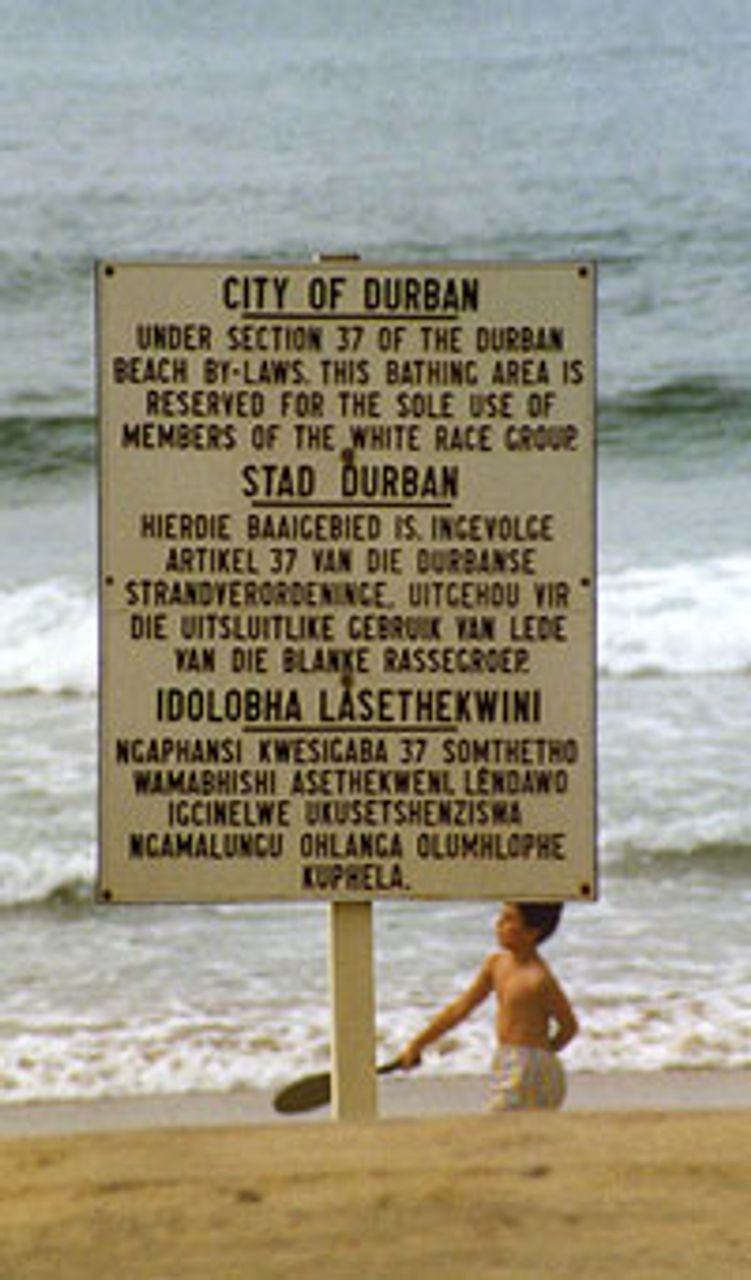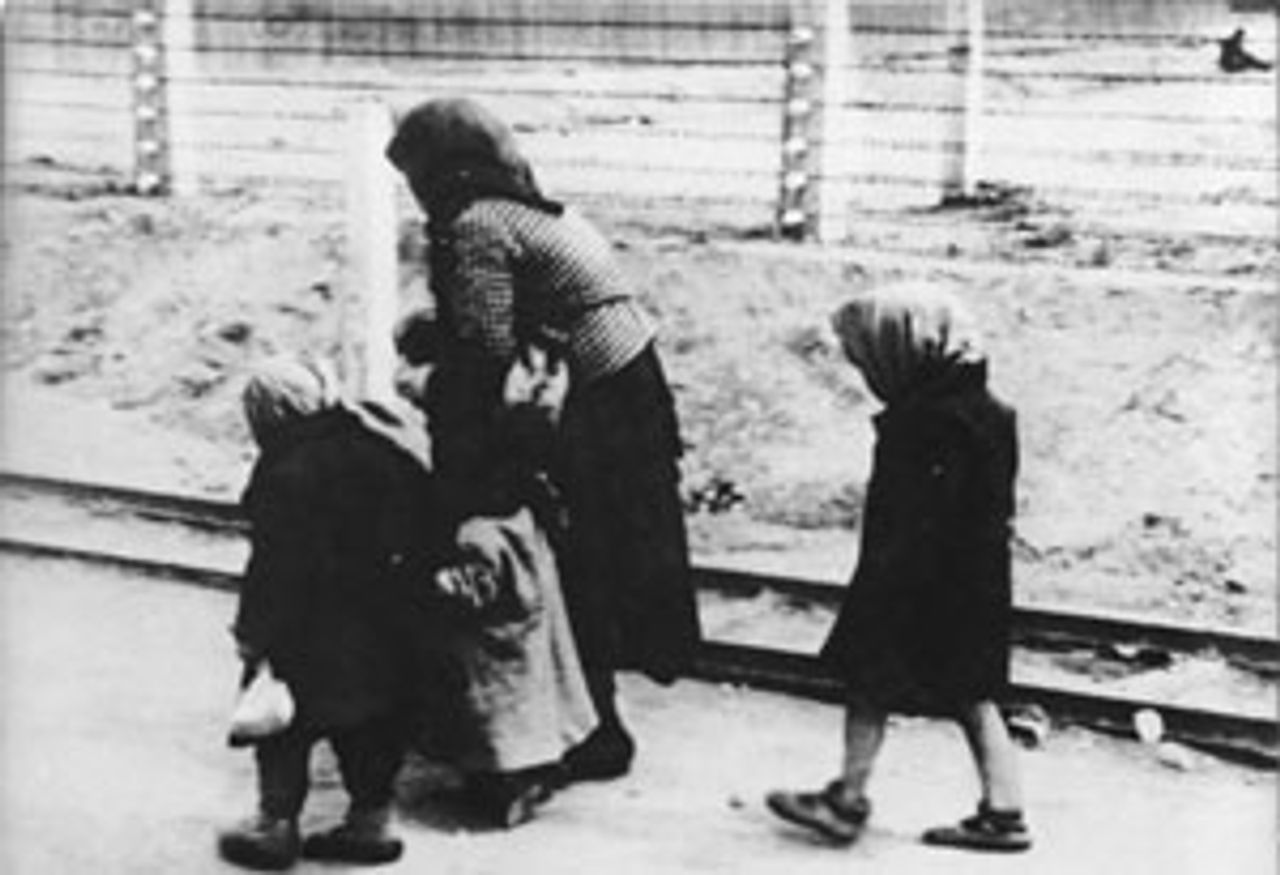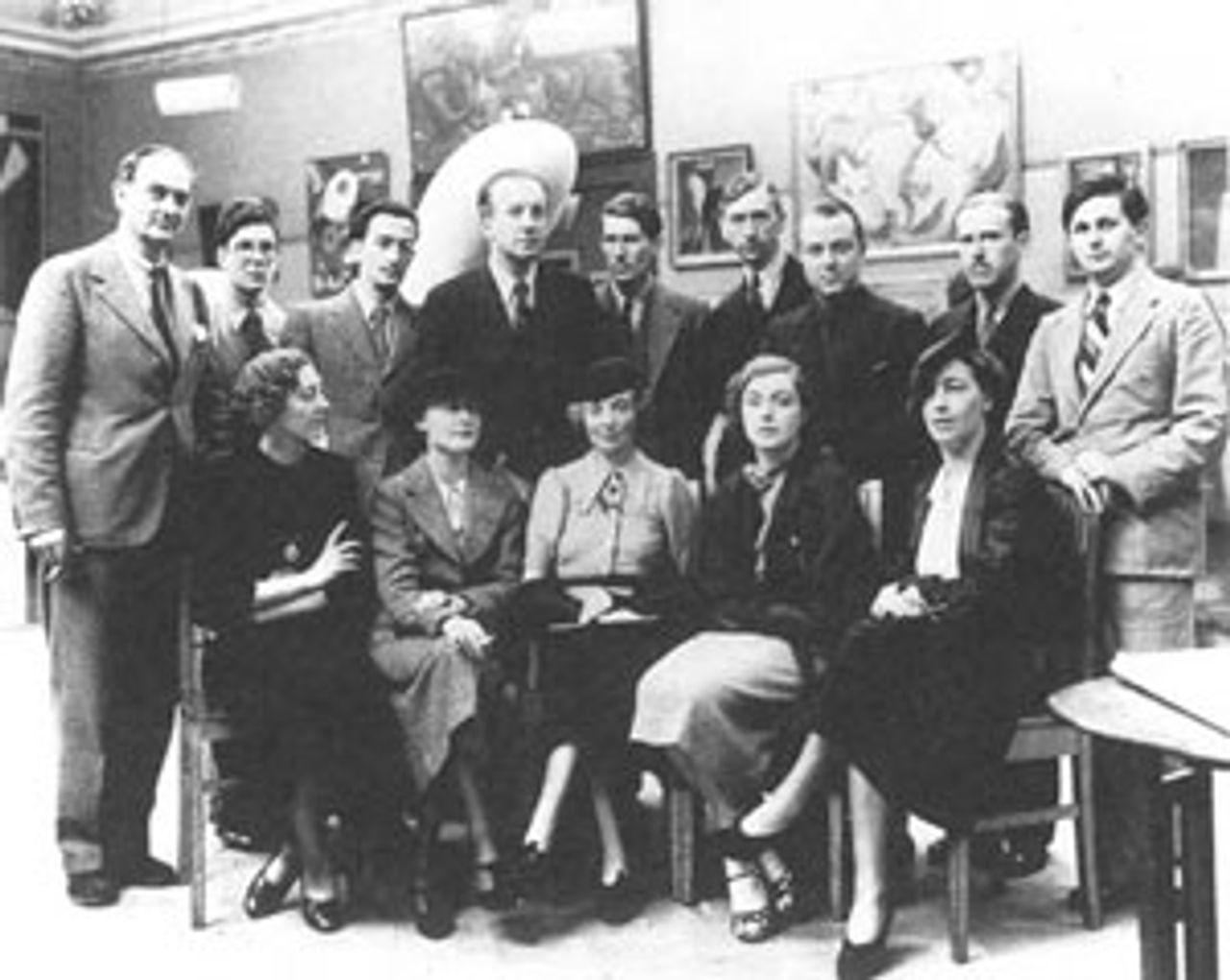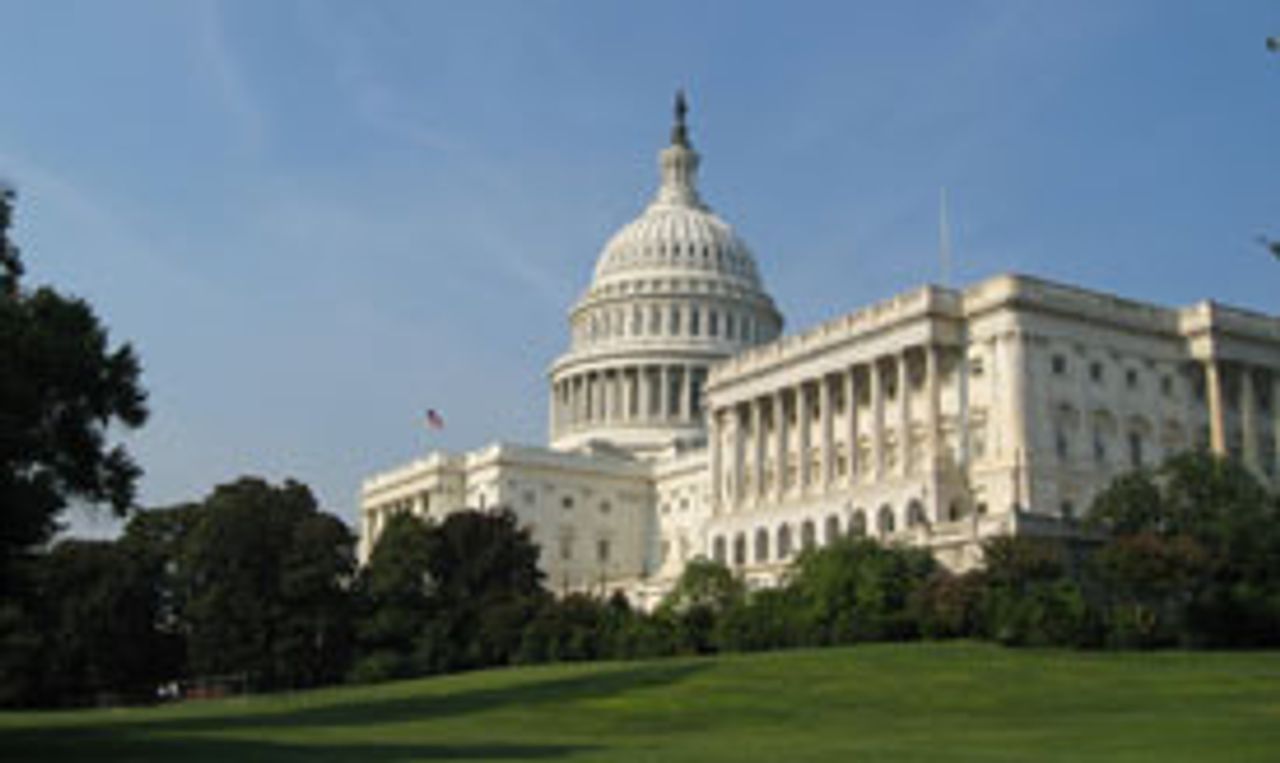This Week in History provides brief synopses of important historical events whose anniversaries fall this week.
25 Years Ago | 50 Years Ago | 75 Years Ago | 100 Years Ago
25 years ago: South Africa imposes national state of emergency
 A sign from Apartheid-era South
A sign from Apartheid-era SouthAfrica
In a bid to crush the year-old uprising against the racist Apartheid system and social inequality, on June 12, 1986, the government of South Africa imposed a national state of emergency that gave sweeping powers to all security forces to use lethal violence. The measure was implemented immediately, with hundreds of government opponents swept up in predawn raids the same day.
The order stated that the nation’s army, police, and prison wardens “may apply or order the application of such force as [they] under the circumstances may deem necessary in order to ward off or prevent the suspected danger.” Security personnel would also be indemnified from the nation’s judicial system: “any act in good faith advised, commanded, ordered, directed, or performed by any person” acting under the measure would be protected from “civil or criminal proceedings.”
The order allowed for searches and arrests without warrant. Warrantless arrests would result in a 14-day minimum jail period, with no contact allowed with attorneys or anyone else. Jail times could be unilaterally extended by Law and Order Minister Louis Le Grange “without notice to any person.” For those not arrested, the order provided for mass house arrests, allowing police to bar anyone from “being outside the boundaries of his residential premises in any particular area and at any time.”
The decree further outlawed photographing, videotaping, or reporting of protests, demonstrations, riots, or police actions, and made it a criminal offense to make “subversive statements” in favor of strikes and boycotts, or critical of the government and its policies. It also banned all unauthorized public gatherings.
“The world must take note and never forget that we are not a nation of weaklings,” said Pieter W. Botha, president of South Africa, in a television address the day the emergency decree was announced.
50 years ago: Witnesses recount Nazi horrors in Eichmann trial
 Hungarian Jews deported on Eichmann's orders
Hungarian Jews deported on Eichmann's ordersen route to the gas chamber at Auschwitz
This week in 1961, the trial of Adolf Eichmann, the high-ranking figure in the Nazi SS (Schutzstaffel) who had played a leading role in the extermination of millions of Jews, was drawing worldwide attention as witnesses recounted the ghastly horrors of Auschwitz, Treblinka, and other extermination and concentration camps.
Eichmann had escaped an allied prison in 1946, and afterward, with the tacit permission or even outright support of the US, West Germany and the Vatican, eventually resettled in Argentina under an assumed identity. On May 11, 1960, he was seized by Mossad secret service agents and deported to Israel to stand trial for his role in the Holocaust, over the objections of Argentina, which was not consulted about the operation.
On June 6, witnesses told the court that at the Treblinka death camp—where perhaps 750,000 were killed, including most of the Jews of the Warsaw ghetto—a false train depot was created in order to create the impression that trains departed with people after arrival, when in reality the only trains that left were empty. In the camp itself, a street called “Paradise Way ” (Himmelweg) led to a building labeled “bathhouse,” which instructed those entering that they would be washed, dressed, and sent east for labor. The building was in fact a gas chamber.
By 1943, Polish Jews knew what deportation to Treblinka meant, survivor Eliahu Rosenberg testified. Families were separated. Temporarily spared were those deemed physically capable of carrying on starvation work—usually adult men—while women, children, the elderly, and the starving were exterminated. The process of gassing took 35 minutes, Rosenberg said. When no screams could be heard, German soldiers would call out “all are asleep,” and Jewish men would be forced to go in and remove the corpses for burial.
A number of witnesses depicted scenes from Auschwitz, where as many as 2.5 million were killed, that one reporter could only describe as “surpassingly dreadful.” Witnesses described the extermination of Gypsies, and the sadistic medical experiments of the “Angel of Death,” Dr. Josef Mengele. German witnesses described efforts to destroy paperwork detailing the numbers of those exterminated as it became clear the war was lost. The court watched films taken by US, British and Russian troops who discovered the death camps.
Through it all Eichmann, who was slated to take the witness stand June 19, sat “unmoved” with a calm demeanor, according to media accounts. His defense did not cross-examine the witnesses nor dispute the evidence, having determined to follow the Nuremberg defense that Eichmann was “just following orders.”
75 years ago: Andre Breton opens the International Surrealist Exhibition in London
 Artists and supporters at the International Surrealist
Artists and supporters at the International SurrealistExhibition
The International Surrealist Exhibition opened at the New Burlington Galleries in London on the 12th of June, 1936, introducing Surrealism for the first time to British audiences. The exhibition was organized by a number of Surrealists, many of them socialists: poet and novelist Hugh Sykes Davies, poet and artist David Gasgoyne, the poet Paul Eluard, and writer and poet Andre Breton, a close collaborator with exiled Russian Marxist Leon Trotsky. The exhibition displayed paintings, sculptures, and ceramics by international artists including Salvador Dali, Joan Miro and Max Ernst.
Writing in the Preface to the Catalogue of the International Surrealist Exhibition, Breton wrote how “The genius of these painters will eventually appear to rest not so much on the always relative novelty of their subject matter, as on the more or less great initiative they display when it is a question of making use of this subject matter… So it is that the whole technical effort of surrealism, from its origins until today, has consisted in multiplying the ways of reaching the most profound levels of the mental personality.”
While among art reviewers the exhibition provoked both admiration and extreme irritation, there was strong popular interest. All in all, at least thirty thousand people attended. Such were the crowds on opening day that traffic was temporarily halted in Piccadilly. Breton, widely considered the leading figure of the Surrealist movement, eventually opened the exhibition to a crowd numbering two thousand people.
During the course of the exhibition lectures on the theory and intentions of Surrealism were given to audiences by Breton, Herbert Read, Eluard, Sykes-Davies and Dali. Only a couple of years earlier Dali had been “expelled” from surrealism after a “trial” by surrealist artists condemned the Spaniard for his refusal to denounce Fascism.
100 years ago: US Senate approves amendment for popular election of senators
 US Capitol
US Capitol On June 12, 1911, the US Senate passed a resolution to amend the Constitution to allow for the direct election of senators, who had up to that point been selected by state legislatures. The vote, which approved with an alteration a resolution passed earlier by the House of Representatives, would become the Seventeenth Amendment in 1913 after the requisite three-fourths of the states approved it.
The resolution passed the Senate 64-24, six more than the two-thirds majority required of amendments. The alteration to the House resolution, which called for federal supervision of senate elections, tied 44-44, with Vice President Sherman then casting the deciding vote in favor. Every Democrat but one and a handful of “insurgent” Republicans, including Wisconsin’s Robert LaFollette, voted against the alternation, but most of these then voted in favor of the amendment itself.
The amendment is generally presented as one of the major achievements of the reformist Progressive Era. While the Senate had long resisted any weakening of its prerogative, a growing number of states had, in the preceding years, passed their own laws establishing popular elections.
America’s “upper house” had been conceived by the Founding Fathers as the chamber less subject to democratic sentiment, which some perceived as dangerously prone toward egalitarianism. In addition to state legislative election of Senators (which the amendment addressed), each state would have two senators, regardless of population, thus effectively depriving the growing urban areas of equal representation and giving rural and less populous states more clout. Senators would sit for six-year terms, as opposed to two-year terms in the House.
Contrary to the stated aim of the progressives, the amendment could do nothing to alter the power of moneyed interests over the Senate, because political corruption did not result merely from a lack of democratic input from voters, but from the control exercised by American capitalism over every branch of government. The amendment, if anything, tended to exacerbate the situation: the new statewide election campaigns would require enormous financial resources, restricting access to the Senate to the rich or to those who could win the most support from the powerful interests—whether industrial, financial, or agricultural—that predominated in each state.
